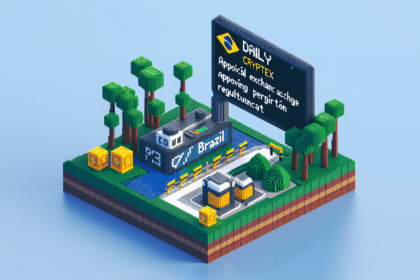Pyth Network, an oracle network for real-time market data, has introduced Express Relay to tackle the issue of Miner Extractable Value (MEV). The mainnet launch enables priority auctions for a more self-sovereign decentralized finance (DeFi) market.
Pyth Network’s new product aims to remove the extractive role from miners and expedite the rollout of new protocols. It aggregates valuable opportunities across DeFi for searchers, the company announced on Thursday.
Addressing the MEV Problem
Miner Extractable Value (MEV) is the profit miners or validators can extract by reordering, including, or excluding transactions from a block. This situation causes costs and inefficiencies for DeFi protocols and users.
Express Relay addresses these issues by connecting DeFi protocols with a network of established searchers. This introduction of priority auctions allows searchers to compete for critical operations, such as liquidations.
Protocols benefit from these auctions by allocating more funds to essential operations, including setting liquidation rewards. This efficiency enables protocols to pass cost savings to stakeholders.
The Express Relay stack consists of on-chain smart contracts and a secure off-chain auction system, facilitating interactions between DeFi protocols, searchers, relayers, and the Pyth DAO.
Protocols Integrating Express Relay
Following a Pyth DAO vote, the Express Relay is now live on the Pyth Network mainnet and various EVM mainnets. It integrates with multiple protocols in lending, perpetual futures, and derivatives markets.
These protocols, including Synthetix, ZeroLend, Synonym Finance, Fulcrum Finance, Jax Finance, and Vela Exchange, account for over $1 billion in total value locked (TVL) across 11 chains.
Additionally, Express Relay has integrated a network of searchers, such as Flowdesk, Auros, Wintermute, Caladan, Flow Traders, and Swap Finance, to enhance its DeFi capabilities.










